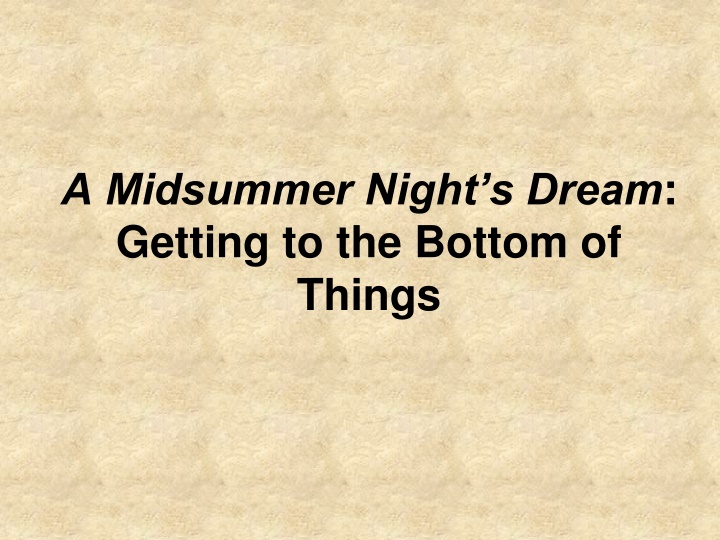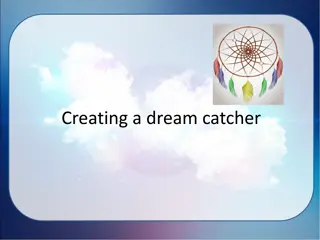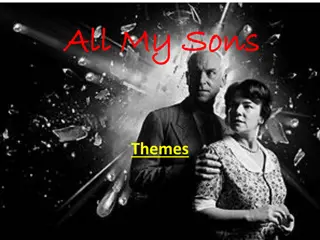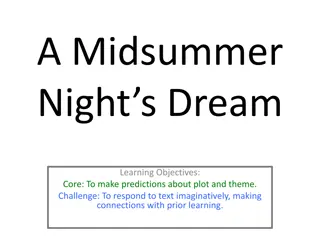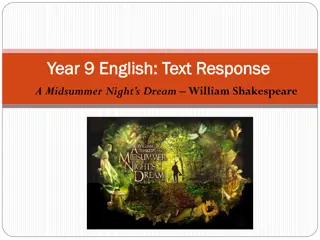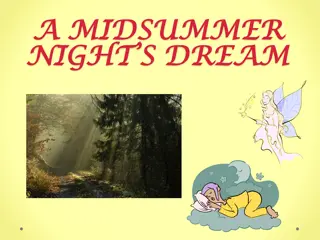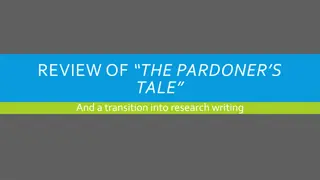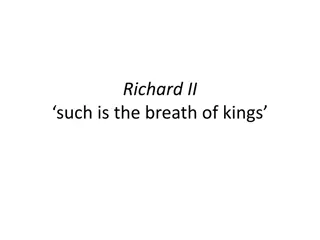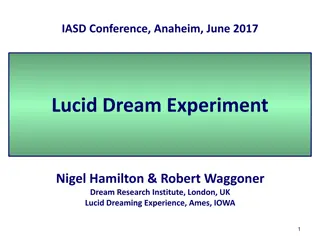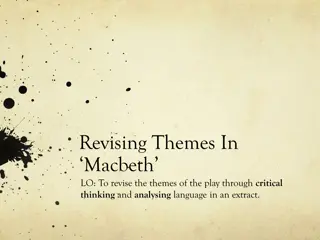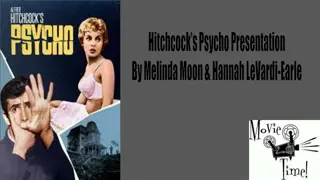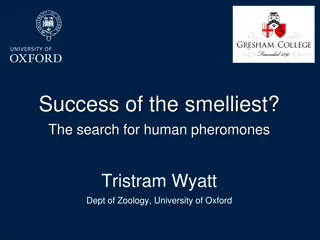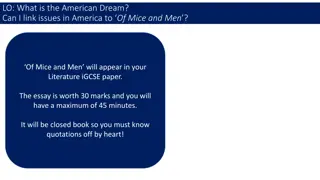Unraveling the Themes of A Midsummer Night's Dream
Exploring the intricacies of love, confusion, and transformation in Shakespeare's A Midsummer Night's Dream, focusing on the significance of the Fifth Act, evaluations of characters' experiences, and the play-within-the-play by the Mechanicals.
Uploaded on Oct 07, 2024 | 3 Views
Download Presentation

Please find below an Image/Link to download the presentation.
The content on the website is provided AS IS for your information and personal use only. It may not be sold, licensed, or shared on other websites without obtaining consent from the author.If you encounter any issues during the download, it is possible that the publisher has removed the file from their server.
You are allowed to download the files provided on this website for personal or commercial use, subject to the condition that they are used lawfully. All files are the property of their respective owners.
The content on the website is provided AS IS for your information and personal use only. It may not be sold, licensed, or shared on other websites without obtaining consent from the author.
E N D
Presentation Transcript
A Midsummer Nights Dream: Getting to the Bottom of Things
The Fifth Act In the middle of MND, the lovers act out the irrationality, confusion, passion, and aggression of love, and then they all fall asleep, exhausted. By the end of the 4th Act, all the lovers (including Bottom) awaken, and all the conflicts between the lovers are resolved.
Why, Then, is There a Fifth Act? A) Shakespeare has to complete the inside-out pattern of the play and get everyone back to Athens. B) Shakespeare wants to offer some perspective on what s happened in the Woods. C) The Mechanicals play has yet to be performed. D) Shakespeare still needs to get the Faeries into Athens, just as he got all the other characters into the Woods. E) All I know is that I feel really dissatisfied and confused at the end of Act 4.
Theseuss evaluation of the lovers experience in the woods: pp. 70-72 (5.1.1-27) Theseus is here back in the role of spokesman for the rational versus imagination. But why, then, did he reverse his verdict at the end of Act 4? A. He s inconsistent B. He s putting on a show of the logical authority figure C. He says one thing here but really represents and means the opposite
The Lovers Evaluation of their Experience in the Woods: At the end of beginning of Act 4, the lovers are awakened by the hunter s horn: Peter Hall Clip of 4.1.142-202 (1:25:45 1:29:35) Have the lovers been significantly altered by their experience in the Wood, or is everything really the same as if the experience was just a dream? A) They are just the same B) I have no clue C) They are significantly altered
Bottoms evaluation of his Experience in the Woods (4.1.203-22), pp. 66-67: Three film versions: by James Cagney (Max Reinhardt film, 1935), 1:50:50 1:56-05 by Paul Rogers (Peter Hall film, 1968), 1:29:38 1:31:40 by Kevin Kline (Michael Hoffman film, 1999), 1:26:22 2:29:03 Which actor s interpretation do you like best? A. Cagney s B. Paul Roger s C. Kline s
The Play-Within-the-Play: Bottom, in mentioning the poet Quince, and Theseus in next talking about the poet, together look forward to the play put on by the Mechanicals for the lovers at Theseus's court: Surprise: We re Up!
The Lovers Respond to the Play with Laughter that Speaks: A. Their sense of superiority over the lowly tradesmen B. Their kindly sympathy for the lowly tradesmen C. Their new-found perspective on themselves that allows them to see themselves in the Mechanicals D. Their active engagement in the performance as audience, which has transforming powers to make something out of nothing (as must the actor) E. All of the above.
The Mechanicals' play all along has commented on the theme of authority and love: The lovers' experience in the wood has been a kind of rehearsal for marriage Bottom mimics the wild passions driving the lovers into and within the Wood The confusions in the Mechanicals' efforts to read their parts and understand their roles mirror the confusion and lack of communication that occurs between the lovers in the forest The plot of the Pyramus and Thisbe play is about the way passion becomes confusion It is also about the easy reversability of comedy and tragedy, characteristic of the experience in the Wood
Summary: The last part of A Midsummer Night's Dream is about the poet's (and actors') powers and the role of the audience we are finally the ones who must "find the concord of this discord" (5.1.60) our imaginations, added to Shakespeare's and the performers, transform "airy nothings" into something of "great constancy" (5.1.16, 26) together, we can make an ass B O T T O M L E S S
THE TAIL/TALE- END
